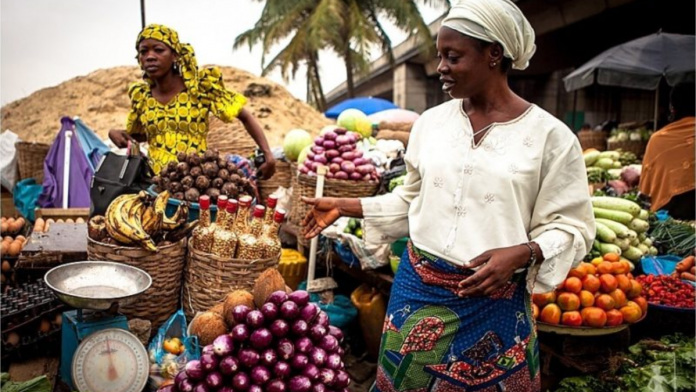News in brief:
– A Nigerian agribusiness executive has urged the federal government for urgent intervention to address the country’s soaring agricultural commodity prices amid a nationwide inflation crisis.
– He emphasises the negative impact of neglecting the informal economy, citing its disproportionate influence on food inflation and suggesting measures such as export bans and investments in agriculture to combat rising prices.
Suleiman Dikwa, CEO of Green Sahara Farms, has called for direct intervention from the federal government to curb the escalating prices of agricultural commodities in Nigeria.
Dikwa’s plea comes amid a nationwide surge in inflation, which has rendered essential goods and services unaffordable for many Nigerians. The National Bureau of Statistics (NBS) reported a December 2023 inflation rate of 28.92%, further solidifying the dire economic situation.
Food inflation, in particular, paints a grim picture. According to the NBS, the year-on-year food inflation rate in December 2023 reached 33.93%, driven primarily by skyrocketing prices of oil and fat, meat, bread and cereals, potatoes, yam and other tubers, fish, and milk, cheese, and eggs. This represents a significant increase of 10.18 percentage points compared to December 2022, highlighting the alarming acceleration of food price hikes.
Nigerian food executive faults government’s neglect of informal economy in interventions
While acknowledging various theories surrounding the inflation crisis, Dikwa emphasises the crucial issue of neglecting the informal economy and its impact on inflation. In his statement, he argues that the focus on wage increases within the formal sector, constituting only 20% of the GDP, disproportionately affects informal actors who rely on raising food prices to maintain their livelihoods, further fuelling food inflation.

Furthermore, Dikwa contends that unlike production costs, which remain relatively stable, post-production price fluctuations are mainly driven by demand from industries, exports, and rising living costs. He cites examples like India, which implements export bans during periods of low production or direct interventions to control prices.
The food executive underscores the missed opportunities within the agricultural sector to improve productivity and combat inflation. He highlights pre-harvest losses due to soil, water, and land management issues, as well as post-harvest losses estimated at â¦3 trillion, presenting potential solutions through investments in energy, organic fertilisers, and job creation.
Concluding his plea, Dikwa warns of a scary scenario unfolding due to the widening gap between income and purchasing power in both the formal and informal sectors. He said that the government needs to intervene swiftly as food comes first in addressing the country’s critical issue.




Thank you